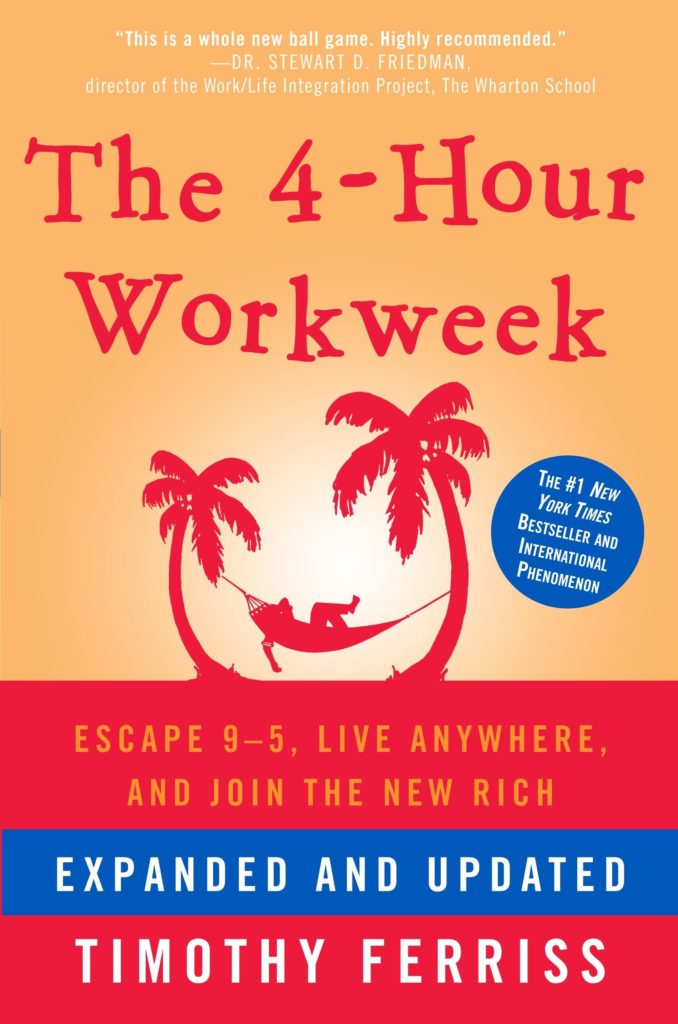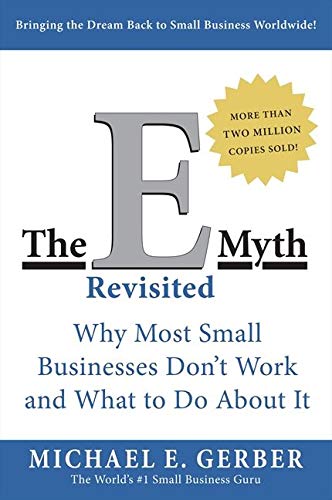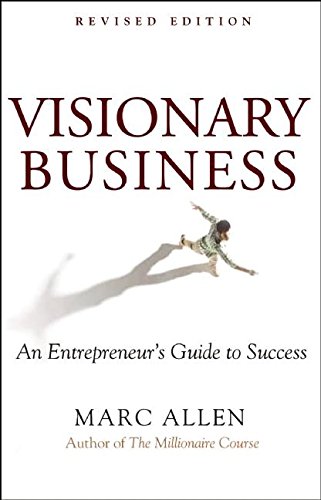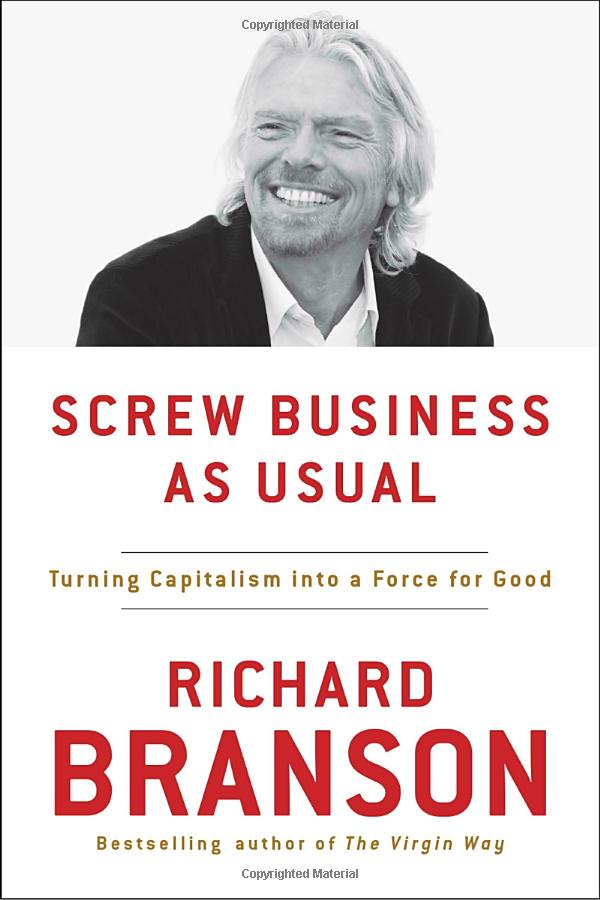If you’ve been in the small business or entrepreneurial spaces for some time you’ve probably heard about Simon Sinek’s famous TED talk: Start with Why.
If you haven’t, go check it out below now before you continue with the rest of this post:
If you’re already aware of the concept, you may have an idea of what it means and you understand how important it can be. But even before we go deep into the “Why of your business”, ask yourself:
- Why are you even starting a business in the first place?
- What are you hoping to achieve?
- What do you believe your business will do for you?
- How will it impact your life?
Answering these questions provides you with clarity to understand what you’re hoping to achieve and eliminate much of the guess of work and confusion we often experience when we’re thinking of starting a business.
In another brilliant TED talk, The Big Lie of Small Business by Vusi Thembekwayo, the prolific South African venture capitalist and public speaker, points out that people usually start businesses for one of 4 reasons. And those are:
- To live well.
- To pass something on to their kids.
- To sell it.
- To change the world.
Let’s explore these a bit more.
1) Lifestyle Businesses
Many of us, myself included, usually become interested in business because we wish to be in control of our income. The desire can either stem from the fact that we work(ed) in a job and want to find ways to make more money, or we desire to be in control of our own time and understand that we need to control our income to do that.
Typically, we look at setting up a business to provide us primarily with income, and that’s the foundation and purpose of a lifestyle business. Small trading companies both online and traditional retail stores, coaching businesses, service-based operations like Social Media Agencies, consulting businesses, as well as content creators and influencers fall into this category.
The value proposition of the business is based on the owner, usually their skills, personality, energy or “vibe” and their contacts. Therefore, the owner IS the business and can either be the only person in the business or have the support of a small team.
Most of these businesses are often limited in scalability, either due to the structure and nature of the business or from the very fact that a high growth business involves a lot of work and can be very demanding and that clashes with the freedom desired by the owner.
If you desire to simply have a few streams of income that frees your time and allows you to pursue other plans, then a lifestyle business can work well for you.

A good book for you to read is The 4Hr Work Week by Tim Ferriss which is filled with useful nuggets on how to leverage a business to grant you freedom of time.
2) Legacy Businesses
Legacy businesses are typically the ones you see passed on from parents to children and beyond. The intended purpose of the business is to serve the needs of the family across multiple generations.
Similar to a lifestyle business, the income is important, however, the focus is usually more on the asset that produces the income, rather than the income itself. The 1st generation plans on creating a standard of living for themselves and their children and wish to pass that standard forward continuously.
Legacy businesses are built with family members involved in mind, they use these businesses to create employment opportunities for multiple members of their family. Some of these businesses may include hardwares, groceries, pharmacies, clothes stores, car dealerships, restaurants etc. The business typically trades in some commodity or the other, has predictable revenue streams and some degree of processes and systems to how they conduct business.
The greatest challenge of legacy businesses comes in the form of being able to adapt to changing business environments as well as effectively transferring those businesses successfully to future generations.
The latter is quite an interesting challenge as statistically, it’s said that wealth created by a 1st generation, the builders, the generation that sacrificed and lived frugally to build the businesses, has a 70% chance of being lost by the second generation. If they successfully manage to keep it together in the second generation, there is a 90% chance that they will lose it in the 3rd.
This is an interesting dilemma because generally, the skills it takes to build a business that creates wealth is not the same skill set required to maintain and preserve wealth.

If you desire to build legacy businesses that build wealth for your family for generations to come, a good book to check out is Family Fortunes by Bill and Will Bonner.
3) Businesses for Sale
If you’re building a business intending to sell from the very start, the business itself becomes the product. Your concern here is what multiple (your return) can you get for your investment of time and effort.
Where the business IS the product, how it interacts with the consumer is more important than what it sells. Prospective buyers are interested in buying a business that works without them having to do a lot or without them having to work in it. What they want is a system that predictably grows money. They put $1.00 in the get back $1 times a multiple, eg for every $1 invested they make $3.
Therefore, the business is a system, and the system is run by people, usually those hired to do just that. These businesses can take many forms, from restaurants, bars, a multitude of online stores inclusive of Shopify and Amazon FBA stores, even Youtube channels and Instagram pages with large audiences can all fall into these categories.
This model of business is based more on the brand of the company and not the owner. Often customers have no clue who the owner is nor do they care. They are only concerned with how well the business solves their problems.
When you’ve built a solid system, one equipped with full process documentation that can be run by persons of modest ability, and that system delivers a solution that is valuable to its audience, and you’re able to do all of this at a healthy profit, buyers will be knocking at your door when you do decide to sell.

If you’re interested in building businesses to sell, a good book to check out is The E-Myth by Michael E Gerber.
4) Disruptive Businesses
Disruptive businesses are created by entrepreneurs who see the opportunity to use their business as a force for social good. They challenge the status quo and often, the way we think about something.
Driven by an idea, a vision, or a philosophy, these businesses are motivated to bring change that improves the quality of life for others. The purpose of the business is based on the attempt to solve a large social problem.
They are by far some of the hardest businesses you can ever think of building because you are swimming against the tide in an environment of extreme uncertainty, the true essence of entrepreneurship! The interesting thing is, most people hear the term disruptive and usually assume the term only applies to technology. We tend to think of the likes of Uber, Airbnb, Whatsapp and Amazon.
The truth is disruption occurs in many different spaces, segments and industries. Even a shift in the way we think about something is a means of disruption. Toms Shoes is a perfect example of this.
Not only did they build a movement that started with donating shoes to those without, but they also challenged many other companies to consider how they can utilize their everyday commercial activities to actively improve the lives of others. With major issues such as climate change, wealth inequality, racial and gender issues and many others, any attempt to build a business that provides a solution for some of these huge problems we face is the base of a disruptive business.
As mentioned before, these types of businesses are incredibly difficult to build and are not for the faint of heart, but if you wish to venture along these lines two good books you can check out, Visionary Business by Marc Allen and Screw Business As Usual by Richard Branson.
Conclusion
As we just explored, there are different reasons for wanting to start and own a business, each with its own set of advantages and disadvantages. What you need to be clear on, is which one is important to you.
It’s important to note there are no right or wrong answers here. No one type of business is better than the other, because at the end of the day, building a business is hard, so it makes perfect sense to be very clear on why is this important to you, otherwise, your business can turn from a dream into a nightmare very fast.
Keep these questions in mind when starting or even reflecting on your existing business as it will help guide you along a path that can lead to your definition of success.
- What am I hoping to achieve with this business?
- What do I believe this business will do for me?
- How will it impact my life?











Tester